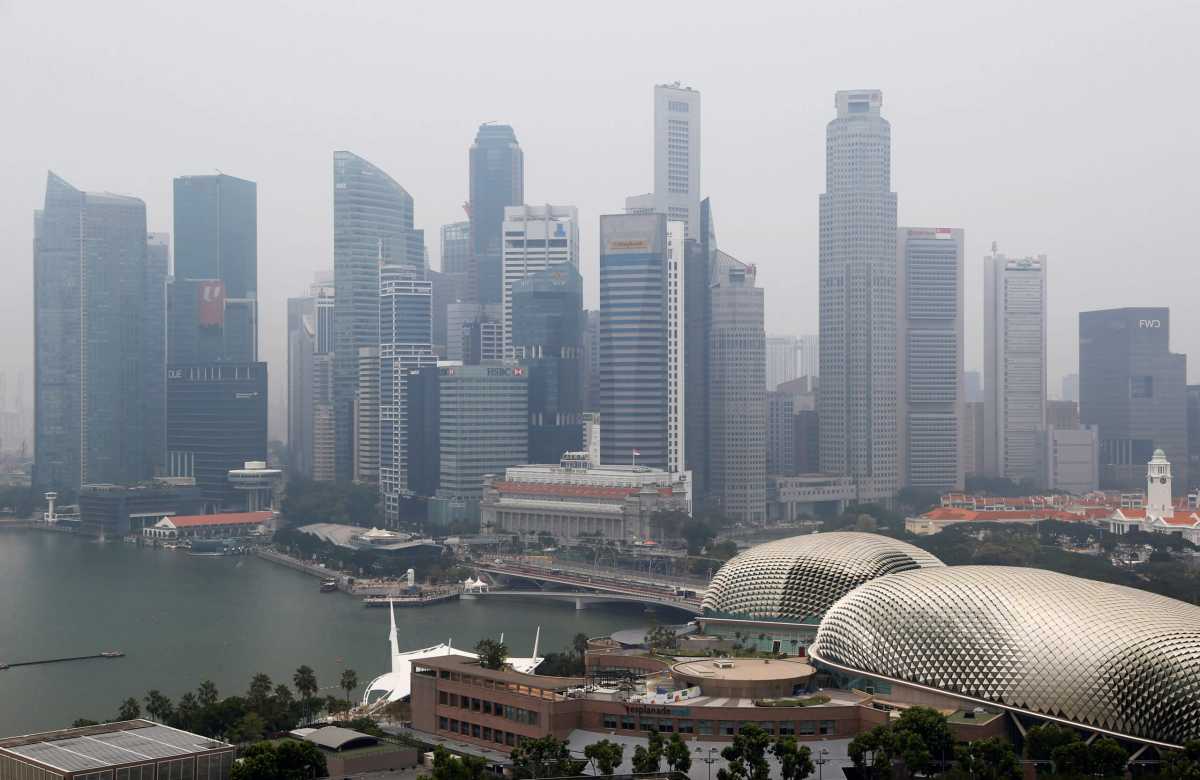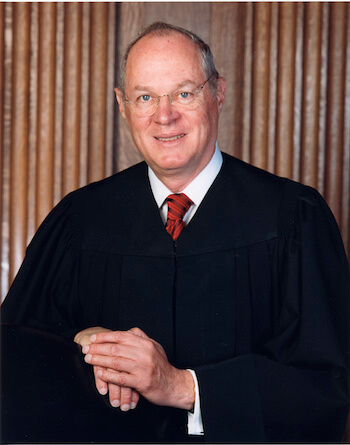Singapore’s highest court has rejected yet another legal challenge to the city-state’s ban on gay sex after three men sought to scrap the discriminatory law, which only applies to gay men.
Singapore’s Court of Appeal ruled on February 28 that the fate of the colonial-era law, Section 377A, should be decided by lawmakers rather than the courts — and they sought to quell concerns by pointing out that the measure is not enforced by authorities anyway.
“One may well ask whether litigation is, in fact, the optimal way to resolve such differences,” Judge Sundaresh Menon CJ said in the court’s judgment. “Politics seems the more obvious choice than litigation for debating and resolving highly contentious societal issues. At the heart of politics lies the project of democratic engagement, as politicians aim to persuade voters by appealing to hearts and minds. Litigation, on the other hand, is ‘not a consultative or participatory process’ but ‘an appeal to law’…”
Bryan Choong Chee Hoong, Johnson Ong, and Roy Tan Seng Kee — the three men who challenged it — argued that the law unfairly targets gay men. Their case was previously dismissed by Singapore’s Supreme Court before it was elevated to the Court of Appeal.
“I want to reiterate the devastating impact of S377A on the mental and physical well-being of the LGBTQ+ community,” Ong told Gay City News in a written statement. “It encourages discriminatory treatment towards queer people and denies the equal rights and protection that LGBTQ+ Singaporeans deserve. This antiquated law undermines the principle of equality in our modern and diverse society. Although the non enforcement of S377A offers a small step towards the LGBTQ+ community’s freedom from discrimination and oppression, it will take more time before the LGBTQ+ community finds full recognition and acceptance by policymakers and society.”
The legal effort marked the latest attempt by the men to strike down the law. In 2020, Singapore’s High Court similarly dismissed the challenges to the law for the same reason. Judge See Kee Onn offered the same justification for that dismissal, saying that lawmakers should be the ones to repeal the law because any such changes must reflect the public’s perspective on the issue.
The latest ruling drew criticism from LGBTQ organizations in Singapore.
“[The] ruling is frustrating for those who were hoping for some real change,” Clement Tan, a spokesperson for a Singaporean LGBTQ group known as Pink Dot SG, said in a written statement. “Despite acknowledging that gay men should be able to live freely in Singapore, without harassment or interference, the court still hesitated to strike it down.”
Pink Dot SG warned that the law breeds stigma across all areas of society, from schools to the workplace “and even access to vital services like healthcare.”
Pink Dot SG further condemned the court for citing the organization as an example of LGBTQ visibility and acceptance in Singapore.
“Pink Dot SG and other LGBTQ+ rights advocates exist in spite of impediments like Section 377A, and we should never be used as examples to minimize their impact or justify their retention,” the group noted.
A separate joint statement issued by a coalition of LGBTQ organizations in Singapore — including Singapore LGBT Law, SG Rainbow, and My Queer Story — expressed concern that authorities could decide to enforce the law at any point.
“It is so uncertain and precarious that homosexual men cannot have any reasonable certainty about its application,” the statement said.
The British first imposed the law in 1938. In 2007, Singapore scrapped Section 377, which banned anal and oral sex — but left 377A in place.
While Singapore has encountered roadblocks in the effort to modernize laws impacting the LGBTQ community, other countries have had success rolling back Colonial-era measures. India decriminalized Sodomy in 2018 and several African nations have started dismantling homophobic statutes, including Botswana, which decriminalized sodomy, and Angola, which rolled out a penal code that no longer banned sodomy. Sudan has also removed a law calling for the death penalty for gay sex.



































